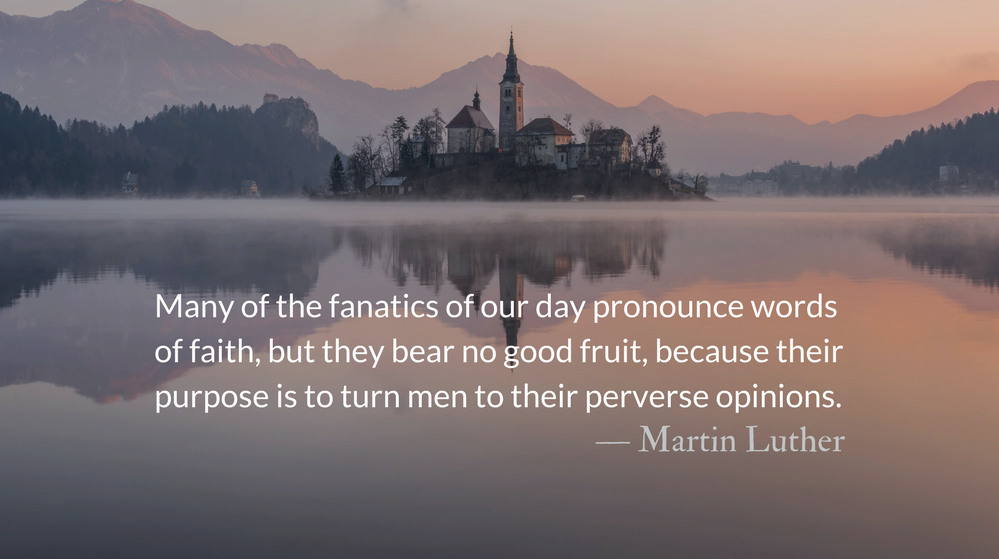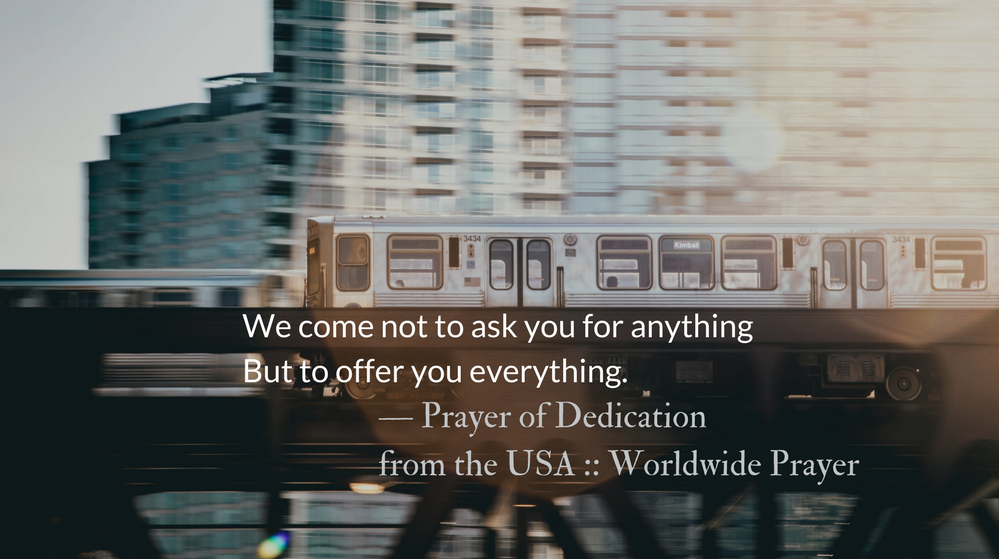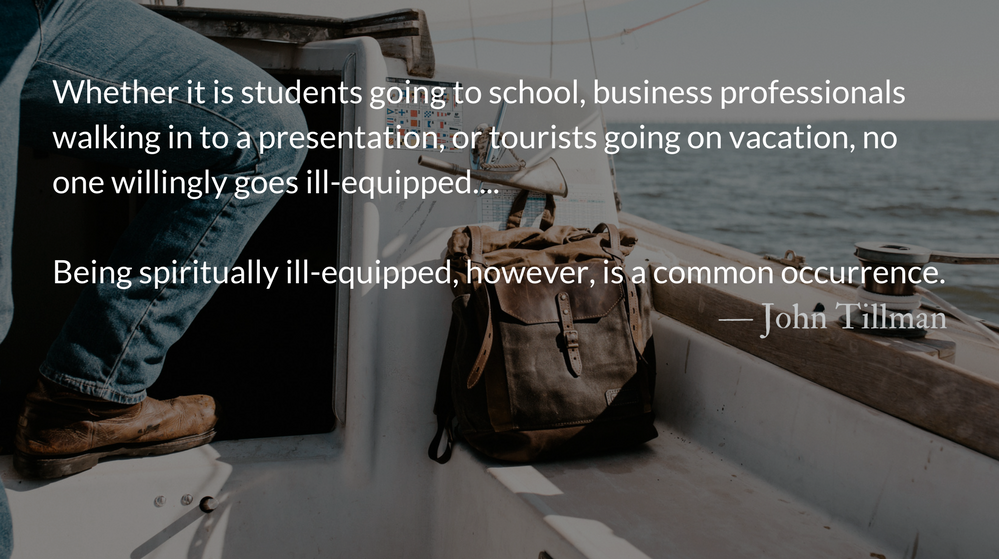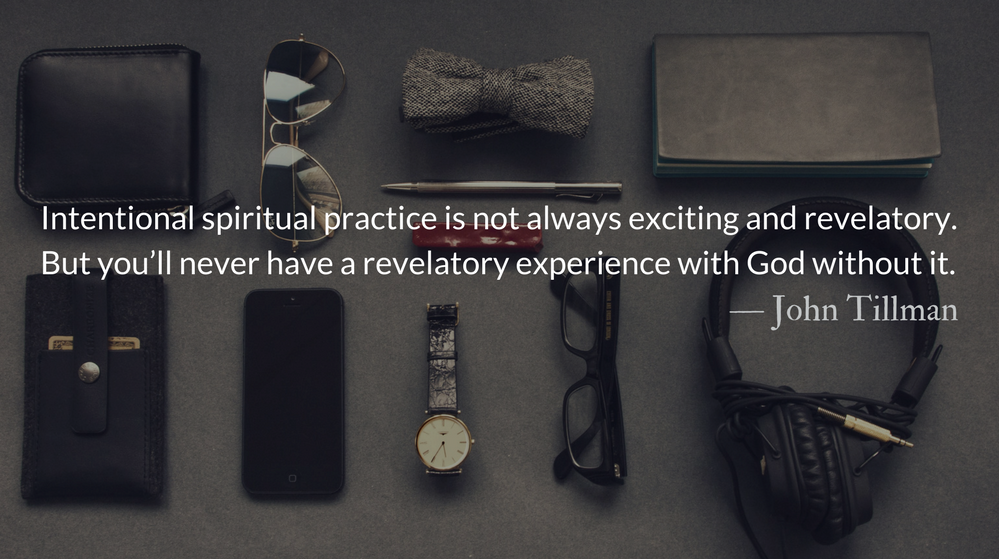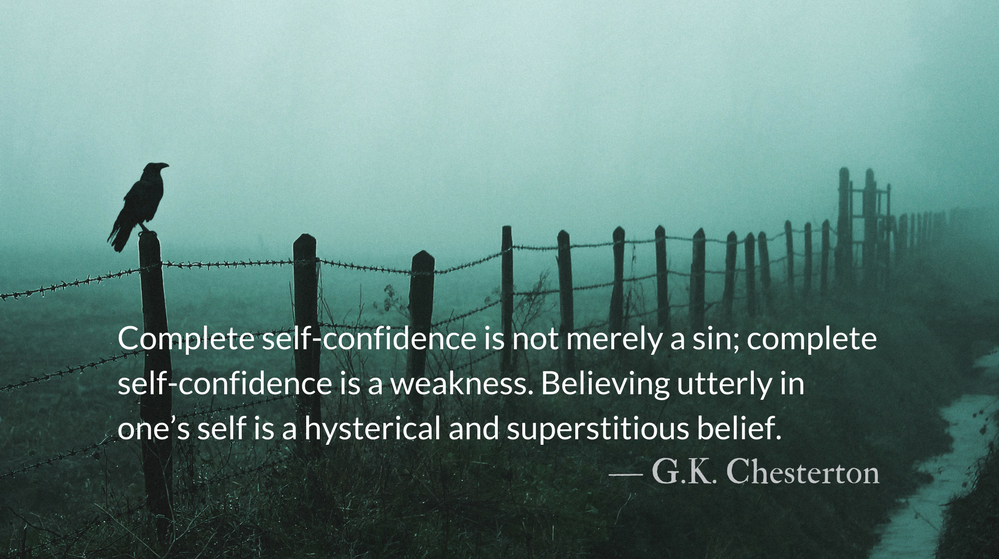Scripture: 1 Corinthians 9.23
I do all this for the sake of the gospel, that I may share in its blessings.
Reflection: The Importance of Calling :: Throwback Thursday
By Martin Luther
The call is not to be taken lightly.
For a person to possess knowledge is not enough. He must be sure that he is properly called. Those who operate without a proper call seek no good purpose. God does not bless their labors. They may be good preachers, but they do no edify.
Many of the fanatics of our day pronounce words of faith, but they bear no good fruit, because their purpose is to turn men to their perverse opinions. On the other hand, those who have a divine call must suffer a good deal of opposition in order that they may become fortified against the running attacks of the devil and the world.
This is our comfort in the ministry, that ours is a divine office to which we have been divinely called. Reversely, what an awful thing it must be for the conscience if one is not properly called. It spoils one’s best work.
When I was a young man I thought Paul was making too much of his call. I did not understand his purpose. I did not then realize the importance of the ministry. I knew nothing of the doctrine of faith because we were taught sophistry instead of certainty, and nobody understood spiritual boasting.
We exalt our calling, not to gain glory among men, or money, or satisfaction, or favor, but because people need to be assured that the words we speak are the words of God. This is no sinful pride. It is holy pride.
Editor’s Note: Luther here is referring to the call of ministers and preachers of the Gospel, but as we have written many times, the call of the Gospel extends to every believer, and through every believer into the vocation and daily activities of each member of Christ’s body.
You are called to share the Gospel. Your ministry may not be in a pulpit, but in a cubicle, or a break room, or a board room. Your sermon may not be with words, but with a hug of acceptance, or a welcoming gift of hospitality, or with a moral stance that sees value in more than simplistic profitability.
Own your calling. And walk with holy pride in it’s execution. — John
Prayer: The Refrain for the Morning Lessons
Behold, God is my helper; it is the Lord who sustains my life. — Psalm 54.4
– Prayer from The Divine Hours: Prayers for Springtime by Phyllis Tickle.
Full prayer available online and in print.
Today’s Readings
Job 22 (Listen – 2:54)
1 Corinthians 9 (Listen – 4:04)


